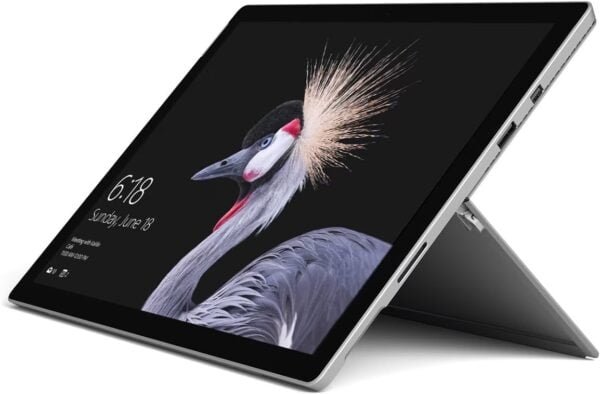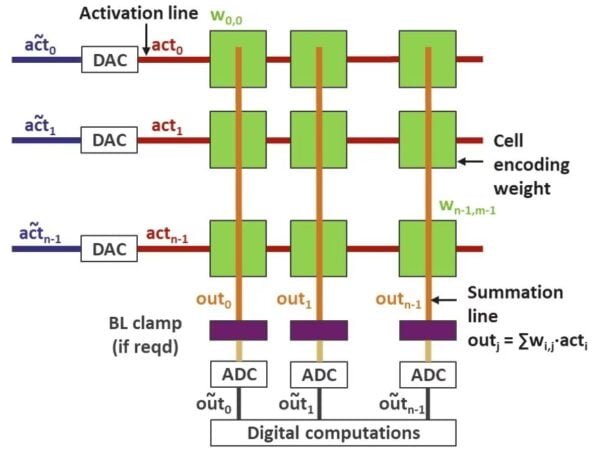Quantum technology—encompassing computing, communication, imaging, and sensors—is starting to become visible in the commercial arena with the promise to offer exceptional reliability and less vulnerability to the signal jamming and other electromagnetic interference (EMI) issues that are increasingly common in today’s light- and sound-based data sensors.
Case in point: Bosch has announced plans to integrate quantum sensors onto chips. The Stuttgart, Germany-based sensor specialist has also developed a sensor prototype that it claims is currently the smallest, about the size of a cell phone.

Bosch, working on quantum technologies for nearly a decade, will work with pilot customers in the medical and mobility industries on specific applications over the next two years. As part of this undertaking, the German electronics firm established Bosch Quantum Sensing in early 2022. “Our goal is to miniaturize quantum sensors to the point where they can be integrated onto a chip,” said Dr. Katrin Kobe, responsible for sensor commercialization at Bosch Quantum Sensing.
Bosch estimates the annual global market for quantum sensors serving medical and mobility applications will reach the mid-single-digit billions by the middle of the next decade. The company is also confident that quantum sensor capabilities could lead to additional sensing applications.
Medical and mobility applications
Quantum sensors can provide far more data than today’s electrocardiography (ECG) and thus measure the heart’s natural magnetic field while enabling simple measurements over a longer period. An ECG machine is applied directly to the skin by using electrodes; but if electrodes slip, measurements are inaccurate. Additionally, attaching the ECG machine uses precious time in an emergency.
On the other hand, quantum sensors can be incorporated into things like items of clothing or mattresses. That speeds up diagnosis in the emergency room and makes monitoring at home easy and precise. As a result, the prospect of contactless early detection of atrial fibrillation—one of the causes of life-threatening strokes, heart failure, and dementia—looks within reach for the first time.
Figure 2 Medical and mobility applications could offer quantum sensors early access to commercial markets. Source: Bosch
Likewise, in mobility, quantum sensors can facilitate ultra-precise navigation in the air, on the road, and on water. For navigation, while GPS is susceptible to interference, quantum sensors are resistant to external influences because they work by measuring the earth’s unchanging magnetic field. Next, quantum sensors could be used to precisely measure the magnetic field of the electric current in electric vehicles (EVs) and thus determine the exact charge level of the battery.
Quantum sensors provide qualitatively new data about our world, which in turn, can be turned into valuable information about our environment. That premise now increasingly seems within reach, as shown by the Bosch announcement. But while they still require a lot of technological advancements, their leap from research to the commercial arena bodes well for their future.
Bosch, in its announcement, has made known its goal to acquire a leading position in the quantum sensor market by the end of the decade.
BY MAJEED AHMAD





